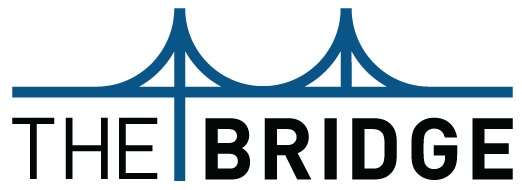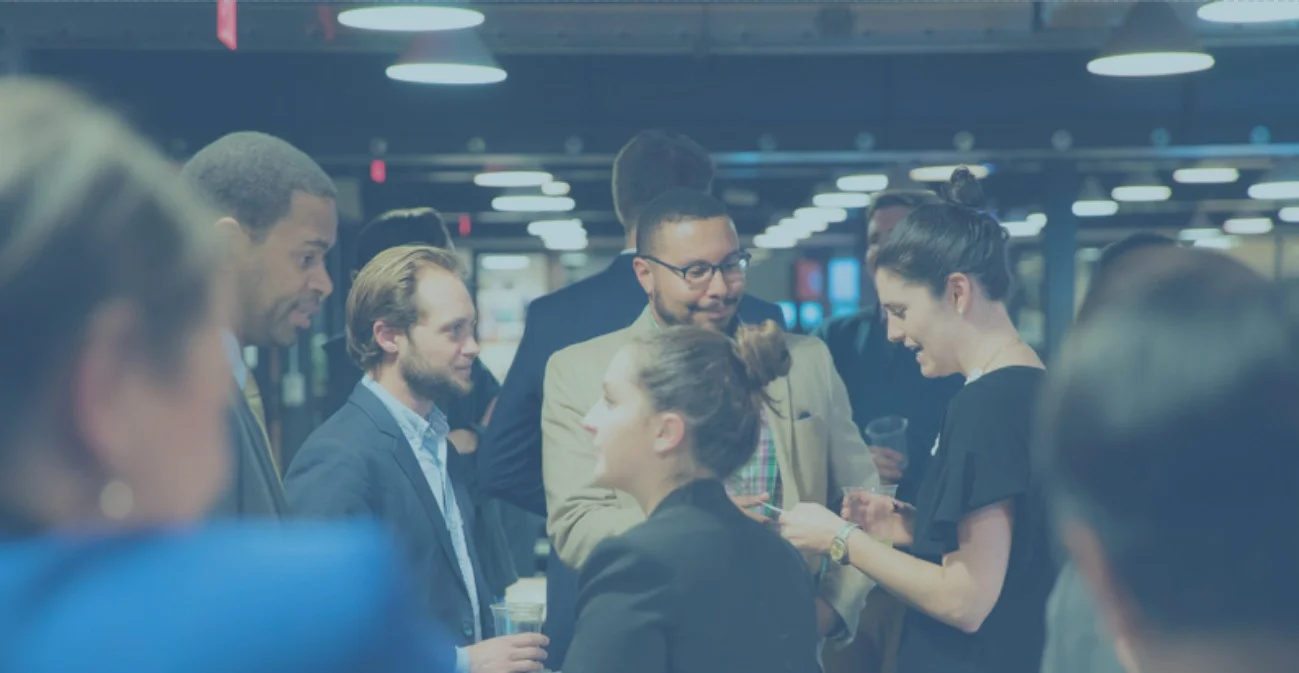TheBridge profile: Alex Wagner
Name: Alex Wagner
Current city: Washington, DC
Current job: Vice President for Strategic Initiatives, Aerospace Industries Association (AIA)
Past jobs: Chief of Staff to the Secretary of the Army, adjunct professor at Georgetown law, policy development at Uber, IP and first amendment lawyer, reporter
Q. Favorite spot for a coffee meeting? Compass Coffee in Rosslyn during the workday but Slipstream in Logan Circle before or after work.
Q. Describe how a skill you learned in a previous job helped you in your current job. When making strategic hires, the right person for the job isn't always the most qualified. I learned this as a result of hiring military officers to build out the Army Secretary's immediate staff. Rising stars in the Army would be identified for consideration for certain roles via a screening process known as "the black book." These officers came with stellar performance evaluations at every level but most had never worked in jobs that required the political, policy, legal, and communications savvy they'd need for this particular role. Rather than select the person with the background of experience that most closely mirrored the job description, however, I looked for individuals that would bring unique perspectives to our office that I didn't have myself or already existed on our staff. After having grown into the role and learned new ways of problem solving, they were then better equipped to bring those talents back into the Army.
When I was charged with building a new team at AIA, I adopted that same model—find candidates who are smart, come from diverse backgrounds, and who are ready grow into a bigger role than they've had to do in the past. They're more likely to enjoy the challenge and shape the position to leverage their strengths than someone who was ready to do the job on day one and might grow bored after several months.
Q. Job advice in three words? Take big risks
Q. How are you (or your company, org, nonprofit) currently bridging the gap between politics and tech / innovation and regulation? The aerospace and defense industry created the Internet (changing how we connect with each other as well as how we shop), developed the GPS constellation (enabling Google Maps, Uber and Tinder on our mobile devices), and put men (and soon to be women) on the Moon and brought them back alive. Right now, we're on the cusp of having all the technology necessary to enable mass adoption of flying taxis, space tourism, and more, but none of it will be deployed here in the U.S. unless the government and private sector work together to ensure that those flying vehicles are safe, the AI-powered system that enables unmanned traffic management is reliable and secure, and we develop the right mix of future-leaning policies and regulations that generate continuous improvements while setting a global standard. Bridging that gap is exactly what the Aerospace Industries Association does every day.
Q. This week, America celebrates the 50th anniversary of the Apollo 11 moon landing. In your words, why is space exploration so important? The space race and moon landing spurred an entire generation of young people to pursue careers in STEM and aerospace and captured imaginations on a scale we haven’t really seen since. The technologies developed out of the Apollo program’s R&D funding and the talent it attracted have resulted in dozens of applications that make our lives healthier and more convenient today. If we want to maintain our advantage in cutting-edge commercial and military technology, we need space exploration to inspire American’s best talent to tackle the most challenging technical problems.
Q. What can innovators learn from policymakers? Growth isn't everything—it has to be fair, inclusive, and secure, and there are both individuals and state actors dreaming up and experimenting with ways to target technology companies laser-focused on growth for nefarious purposes.
Q. What can policymakers learn from innovators? Experience doesn't necessarily translate to expertise. In fact, innovation often arises from diverse perspectives of non-experts that bring very different approaches to problem-solving to challenges. Too often policymakers focus on having the right balance of individuals with "equities" in the room to decide on a course of action rather than the mix of individuals curated to achieve the best outcome.
Q. Favorite book/podcast/long-form article you recommend? Too many to pick just one:
Book: "How to Hide An Empire, A History of the Greater United States," is the true story of the once-extensive U.S. territories, possessions, and the Americans that lived outside of the contiguous U.S. up until the end of WWII, chronicling the often brutal mistreatment of both our citizens and subjects, and how in the post-war period, we shifted course to expand our influence via economic power over geographic.
Podcast: While I love This American Life, Radiolab, and Slow Burn, Crimetown, Season One is an incredibly well told story and a fascinating, first person narrative of the Providence mafia, once the third largest crime family in America. Much of the action occurred when I was a college student at Brown, and so I remembered many of the stories and even met some of the more colorful personalities.
Longform: "While We Sleep, Our Mind Goes on a Amazing Journey," in National Geographic Magazine. It upends everything you think you know about why we sleep and why it's so critical to our well being.
Q. Embarrassing work moment? Replying all on an email to the entire interagency confirming the US's negotiation instructions at the UN in Geneva with only these Les Miserable lyrics: "I had a dream my life would be, so much better than this hell I'm living."
Q: Live in another city? I used to live in Seattle and could definitely imagine moving back, but only if I were both done with politics and married.
Q. What's one piece of advice you are still trying to master? "You can be right or you can be damn right." This is a way of saying that sometimes the perfect can be the enemy of good in that you'll burn professional relationships and enhance opportunity costs in your effort to achieve perfection. I'm not there yet, but working at it every day.
Q. Favorite app? Dark Sky—it's amazing how it can predict weather often to the minute, which is incredibly helpful on my walk-to metro-to walk to work but also when trying to time the right moment to get out to the beach.
Q. Best advice you’ve received? To apply to and attend law school after I already had a career. I loved law school both because I had a better sense of what I wanted to get out of it and because I knew that I had more options at graduating than only being qualified to work at a corporate law firm. And as a result of enjoying it, I was probably more successful at it.
Click below to join TheBridge community and, among other resources, receive our bi-weekly updates with featured profiles.


